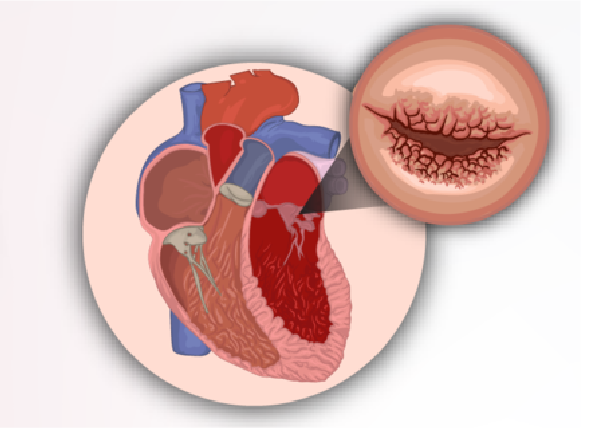Rheumatic fever is an inflammatory disease that can be triggered by a streptococcal bacterial infection. It usually starts out as a Strep throat infection or scarlet fever. Strep throat is a bacterial infection that can result in sore and scratchy throat.
If untreated, Strep throat can cause complications, such as kidney inflammation or Rheumatic fever. Strep throat is most common in children, but it affects people of all ages.
Signs and symptoms of Strep throat can include:
- Throat pain that usually comes on quickly, painful swallowing, red and swollen tonsils, swollen, tender lymph nodes in the neck, fever, nausea or vomiting, especially in younger children.
Rheumatic fever can lead to painful and inflamed joints, permanent damage to the heart, including damaged heart valves and heart failure.
Symptoms of Rheumatic fever
Rheumatic fever signs and symptoms, which result from inflammation in the heart, joints, skin or central nervous system can include:
- Fever
- Painful and tender joints — most often in the knees, ankles, elbows and wrists
- Pain in one joint that migrates to another joint
- Red, hot or swollen joints
- Small, painless bumps beneath the skin
- Chest pain
- Heart murmur
- Feeling tired
- Flat or slightly raised, painless rash with a ragged edge
Source: Mayo Clinic









